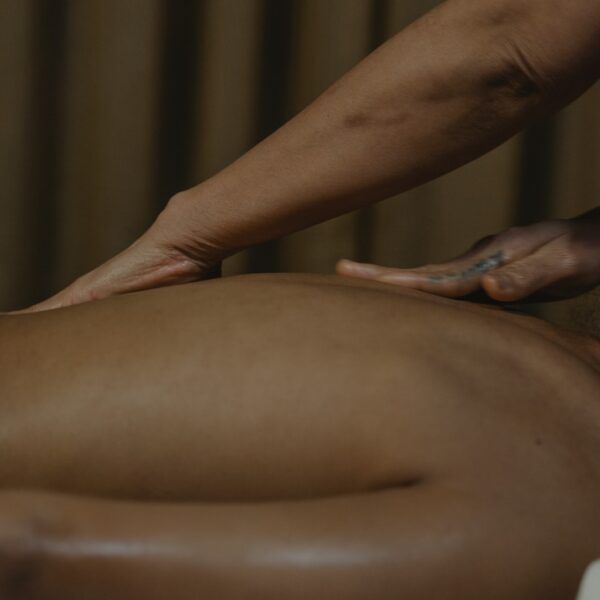Men’s libido typically peaks in their late teens and 20s, then begins to decrease at a gradual rate as they enter their 30s. The decline in libido is often associated with falling levels of testosterone, age-related health problems or side effects from medication.
However, less sex doesn’t necessarily mean less sexual satisfaction. There are many ways to improve libido, including healthy diets, regular exercise and stress management techniques such as yoga and meditation.
Age 20 to 30
At this age, men’s libido starts to decrease. This is mostly due to their careers, family life and marriage. However, this doesn’t mean that they stop being sexually active.
Testosterone, a hormone required for sexual arousal, is at its highest levels in the 20s and declines with age. Men in their 20s may also experience anxiety about sex that can affect their libido.
In their 30s, many men notice that they start having less wet dreams and masturbate less often. They might also find that their penises aren’t as firm or erect as they used to be and need direct stimulation to get hard.
Men may develop low libido at this age as a result of falling testosterone, health-related issues or medication side effects. If this is the case, it’s best to speak with a doctor, who can run blood tests and prescribe treatment if necessary.
Age 30 to 40
Men’s libido is still fairly high in their 30s, but it starts to decline as testosterone levels begin to fall. This drop is likely due to a combination of factors, including age-related changes in hormones, medication side effects and mental health issues. However, the good news is that a healthy lifestyle can help to curb the development of low libido in later life. Men who eat well, exercise regularly and manage their health conditions should be able to enjoy sex into their 70s and beyond.
Overall, though, sexual drive is a highly individual experience. There is no one ‘normal’ age at which a man’s libido should start to decrease. For some, the decline will be gradual, while others may find their interest in sex increases with age. For the rest, it is all about finding pleasure in ways that suit them and their partner.
Age 40 to 50
As people age, their sex drive typically climbs to a peak in their 20s and then begins to fall. This can be due to a variety of factors, including hormonal changes and general health concerns.
For women, libido can also take a hit in their 40s. This can be due to a variety different reasons, including hormonal birth control and pregnancy. It can also be a result of menopause, which can cause the lining of the vagina to become dry and sensitive. This can make penetration painful and even lead to urinary tract infections.
If a woman notices a decrease in their libido, it’s important to schedule an appointment with their healthcare provider for a physical. This will help them rule out any underlying medical issues that may be impacting their sex drive. A lack of libido can be an indicator of several health conditions, from chronic illness to pain and weight gain.
Age 50 to 60
Men’s libido tends to decrease as they enter their 50s and 60s. This is often due to a combination of factors including health concerns like erectile dysfunction, chronic illness and weight gain.
Testosterone levels peak in your 20s and begin a gradual decline from there. Your libido may be less than it was in your thirties, but many people maintain sexual interest through this decade.
By the time you reach your thirties, most men have a strong sex drive. However, by the onset of your 40s, it’s likely that your libido has declined and you may experience difficulty in getting aroused or achieving an erection. Often, this is due to low testosterone or medication side effects. However, you can work with a men’s health expert to improve your testosterone levels and regain healthy libido.
Age 60 to 70
At this age, libido typically continues to decline, though it can vary widely from person to person. The good news is that you can improve sexual satisfaction with simple lifestyle changes. Aerobic exercise, eating a healthy diet, and avoiding unhealthy habits like smoking can boost your testosterone levels and your sexual drive, regardless of your age.
If you’re finding that your libido is dropping off and it’s not improving with lifestyle changes, make an appointment with your GP. They can run a blood test to check your testosterone levels and recommend treatment if they are low. They can also help you manage other health issues, such as high blood pressure or heart disease, that may be contributing to your low libido. You can also speak to your GP about any medications you’re taking that could be lowering your interest in sex. These might include drugs used for high blood pressure, diabetes, and depression.
Age 70 to 80
Men may experience a decline in sexual drive as they reach their 70s and 80s. However, it’s still possible to enjoy a fulfilling sex life at this age, especially if you have good health and take action to manage the effects of medications or other conditions that could negatively impact your libido.
During this time, many men begin to experience erectile dysfunction as their testosterone levels decline gradually. Testosterone affects the production of sperm, which is required for the male reproductive system to work properly.
However, a man’s sex drive can decrease at any age. While it can be a normal part of aging, if you find yourself consistently lacklustre in this area and it’s causing problems in your personal or romantic relationships, seek medical advice. The cause will likely be related to underlying health conditions, stress or medication. If you suffer from low libido, it can be helped with medication such as sildenafil and other ED medications.




Leave a Comment